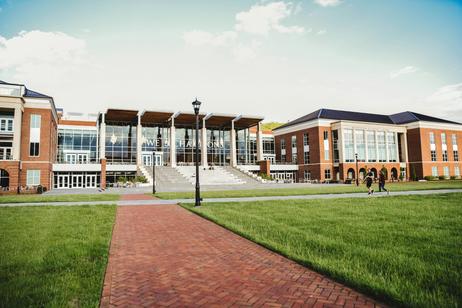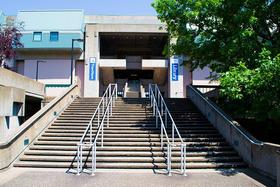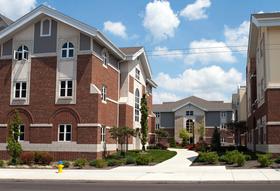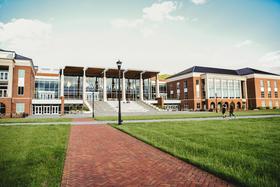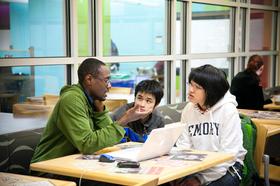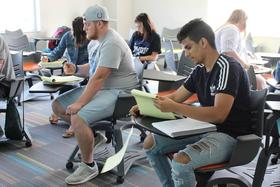The Pros and Cons of On-Campus Housing for Community College (Updated 2025)
As more community colleges explore expanding or improving on-campus housing in 2025, students, parents, and educators need a clear understanding of what living in college-operated housing truly means. For many nontraditional and traditional students alike, the decision to live on campus involves trade-offs. This article updates the pros and cons using current trends, policy changes, costs, and examples to help inform that choice.
How Common Is On-Campus Housing at Community Colleges?
Recent data show the presence of on-campus housing in community colleges is slowly growing:
About 26.6% of U.S. public two-year (community) colleges now offer college-operated, on-campus housing. That’s up from ~22.8% in 2010. Community College Daily
In many states, there are very few community colleges with dorms; some states have none. But 38 states have at least one public two-year college with housing. Community College Daily
California provides a useful example: as of 2025, a report from the California Community Colleges system shows that 16 colleges are offering student housing, accommodating over 3,800 students. cccco.edu
So while community college housing is still not the norm, it is becoming more common and more visible as part of broader student support strategies.
Pros of On-Campus Housing for Community College

